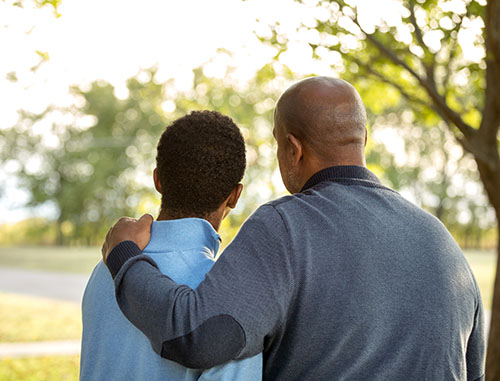
January 11, 2021
“In a democracy, the individual enjoys not only the ultimate power but carries the ultimate responsibility.” – Norman Cousins
As I watched citizens of the US storm the Capitol, like many of you, I was stunned. Since Wednesday, I haven’t stopped reflecting on the disturbing images.
While some of us spent considerable time focusing on how we got here, I found myself wondering where we go from here? And how do we take our children along in our journey so that in the end, they feel safe and secure in their future?
In early June, after the murder of George Floyd, I wrote in my blog entitled Our Children Are Watching: “As this painful week comes to an end, I am left thinking about the children. How are they internalizing what they see on TV? How do we answer their questions? This week of pain comes at a time already fraught with tension, compounding the destructive force of COVID-19 and the resulting financial crisis that is hitting our most vulnerable and marginalized communities the hardest. Our collective children are growing up and learning about their world, now with disturbing events unfolding in every direction. I wonder how we explain these times to our children. What will they take away from this point in time?”
Every word above could have been written about the events that unfolded this past week. And I find myself with the same concerns. Due to COVID-19, there are many children who are being schooled from home, which means that they may have seen these events unfold on TV in real time. How did seeing the images make them feel? What conclusions are they drawing about our country and about democracy?
We have an obligation to talk to our children about this week’s events. Talking about them calmly can quell fear. Yet, helping them make sense of the information we provide is no easy conversation. How do we help our children sort through the fact and fiction surrounding the day? How do we respond to them when they ask why? And equally important, what do we say when they ask “what will you do to make it better?”
My hope is that our children see us authentically struggling with what to do next. That they see the vulnerability in our conversations. That our children see us refusing to gloss over the events, because we just can’t. And that they come to understand that the questions we ask ourselves are just as important as the answers.
Our children are watching. I believe today, as I did in June, that what we do next must be done very well.